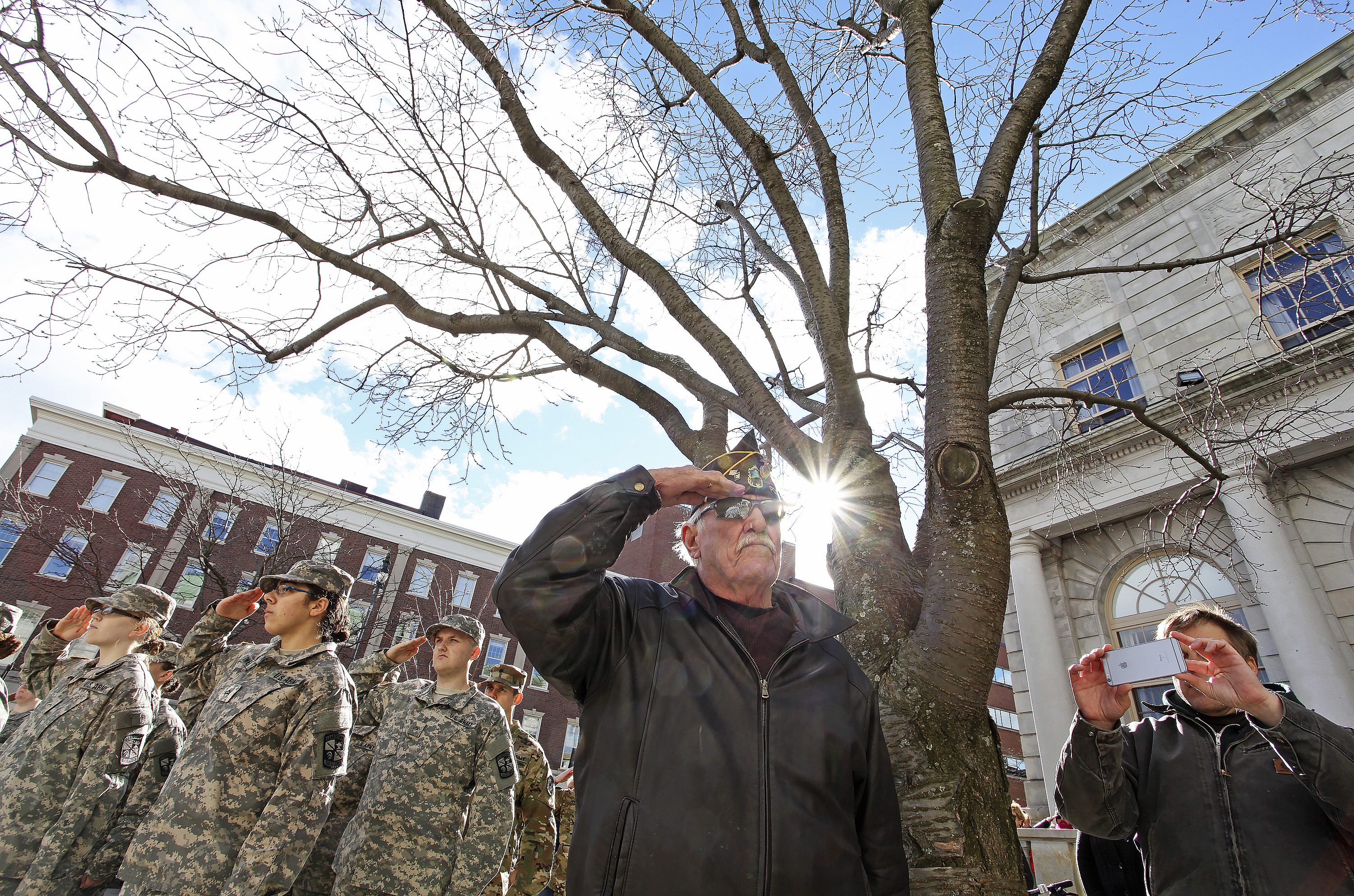A recurring point of discussion during the presidential election was improving the treatment of veterans in the United States. Lots of promises were made on both sides, and Americans wondered if any real change would happen. On August 16, when Trump signed into law what is known as the Forever GI Bill, that change seemed to come.
The GI Bill has been updated many times since its creation in 1944, during World War II. Its original purpose has remained the same—to help veterans pay for college and training. The most recent alteration to the bill before the newly approved Forever GI Bill was the post-9/11 Veterans Educational Assistance Act, which was passed eight years ago.
This new legislation seeks to enhance the old bill, improving the quality of the care for veterans and making sure they are getting the covered education they deserve after serving their country. For example, the Forever GI Bill will restore the benefits of veterans whose colleges shut down in the middle of the academic year. Many students who attended for-profit schools, such as ITT Technical Institute, ended up wasting their benefits on several months or even years of an education that didn’t result in a degree due to the closure of the university.
Another change that will come with the passing of the updated bill is that new service members will be able to use the benefit throughout their lifetime. Previously, there was an added pressure for veterans to use their benefit and attend college shortly after their time serving, with the benefit only being available for fifteen years. The fact that veterans can now take more time before jumping into their studies will give more military personnel the chance to take advantage of this opportunity and to pursue higher wage career paths.

The expanded available time for veterans to pursue their studies will also allow them to study subjects that appeal to them more. Under the previous legislation, some veterans who began their studies several years after ending their military service felt pressured to study a subject that would take less time to receive a degree in. This led some veterans who wanted to enroll in STEM programs to avoid them, since by the time they would have finished a five- or six-year program, their GI Bill benefits would be up, and they would be in debt. However, under the Forever GI Bill, the expanded benefits actually emphasize STEM programs. Veterans interested in studying STEM programs will be eligible to receive either nine months more of educational benefits or up to $30,000 in a lump sum, which is the maximum amount.
Helping veterans obtain these technical jobs is brilliant. There are hundreds of thousands of veterans in the United States who are unemployed and about 500,000 technical jobs that need filling. By providing those who served the country with the means necessary to work in the technical field, the lives of veterans will improve and the country’s economy will improve. There will be less unemployment and more productivity in the United States, helping the GDP.
What’s more, all veterans who have received Purple Hearts since September 11, 2001, can attend college worry-free, with their benefits in order. Under the previous legislation, many veterans who were injured while serving didn’t qualify for the benefits under the GI Bill. Getting injured while fighting for our country and receiving the Purple Heart should definitely, in my opinion, allow veterans to attend college without carrying a financial burden. The Forever GI Bill will also permit the transfer of the educational benefits to a dependent or a spouse in the case that the veteran passes away without getting the opportunity to use them. If that recipient of the transfer does not need or want the benefits, they have the power to transfer them to another dependent, as well.
In a time when national security is of great concern to the United States and when acts of terrorism are popping up all over the news on a seemingly weekly basis, it is crucial—now more than ever—to support our veterans. They served this country so that we could live freely and safely; now, it is America’s turn to give back to them. And while we are helping them, we will be helping the economy, and, ultimately, ourselves. This bipartisan legislation is a victory for our country and a step in the right direction toward improving the treatment of veterans.

















